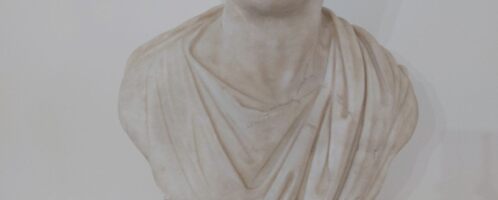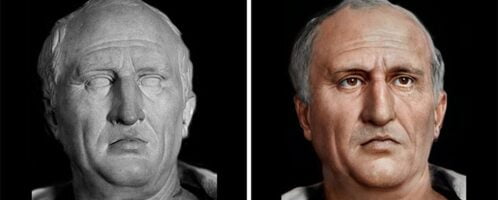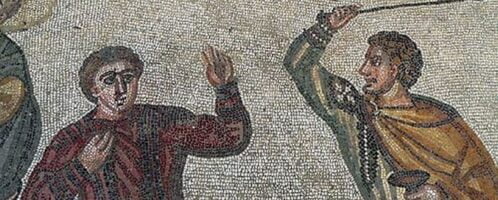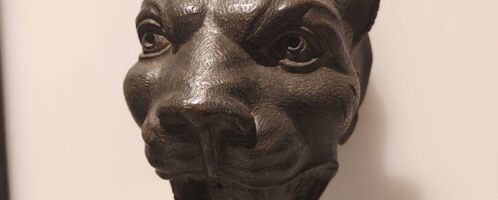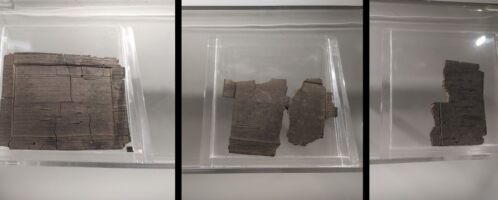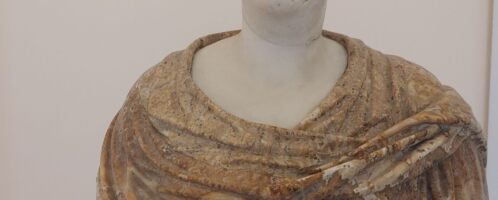If you have found a spelling error, please, notify us by selecting that text and pressing Ctrl+Enter.
Curiosities of ancient Rome
The world of ancient Romans abounded in a number of amazing curiosities and information. The source of knowledge about the life of the Romans are mainly works left to us by ancient writers or discoveries. The Romans left behind a lot of strange information and facts that are sometimes hard to believe.
Reconstruction of Cicero’s image
Computer reconstruction of the image of Cicero (106-43 BCE) based on a Roman sculpture. Visualized by Alessandro Tomasi, who uses Photoshop and Artbreeder for his work. As the artist pointed out, his work is based on numerous ancient sources, and his portfolio includes numerous visualizations of figures from antiquity.
Roman decoration in shape of tiger’s muzzle
Roman decoration in the shape of a tiger’s face, which was located on the fountain. The artifact is in the National Archaeological Museum in Naples.
Octavian Augustus in ranking of influential people
In the ranking of people who had the greatest influence on the history of mankind, announced at the end of 2013, Octavian Augustus was ranked 30th place.
Crucified lions by Romans
The Greek historian Polybius mentions that when he participated with Scipio Africanus in conquering (in 146 BCE) Carthage saw lions crucified. As it turned out, such decisions were made by the Romans.
2000 year old leather bikini
The nearly 2,000-year-old leather bikini on display at the Museum of London is one of four found at the Queen Victoria Street excavation site in London in 1953. Like the modern bikini bottom, it has adjustable sides at the hips, and the garment is believed to have been used by gymnasts and acrobatic dancers. Roman bronze figurine from Rennes depicts an acrobat wearing similar underpants.
Tribulus – Roman echidnas
Tribulus was a Roman weapon consisting of four sharp spikes or nails arranged in such a way that one of them always protruded vertically upwards.
Bust of Faustina the Elder
Bust of Faustina the Elder from around 138-141 CE. The object was placed in a contemporary alabaster bust. The artifact is in the National Archaeological Museum in Naples.

